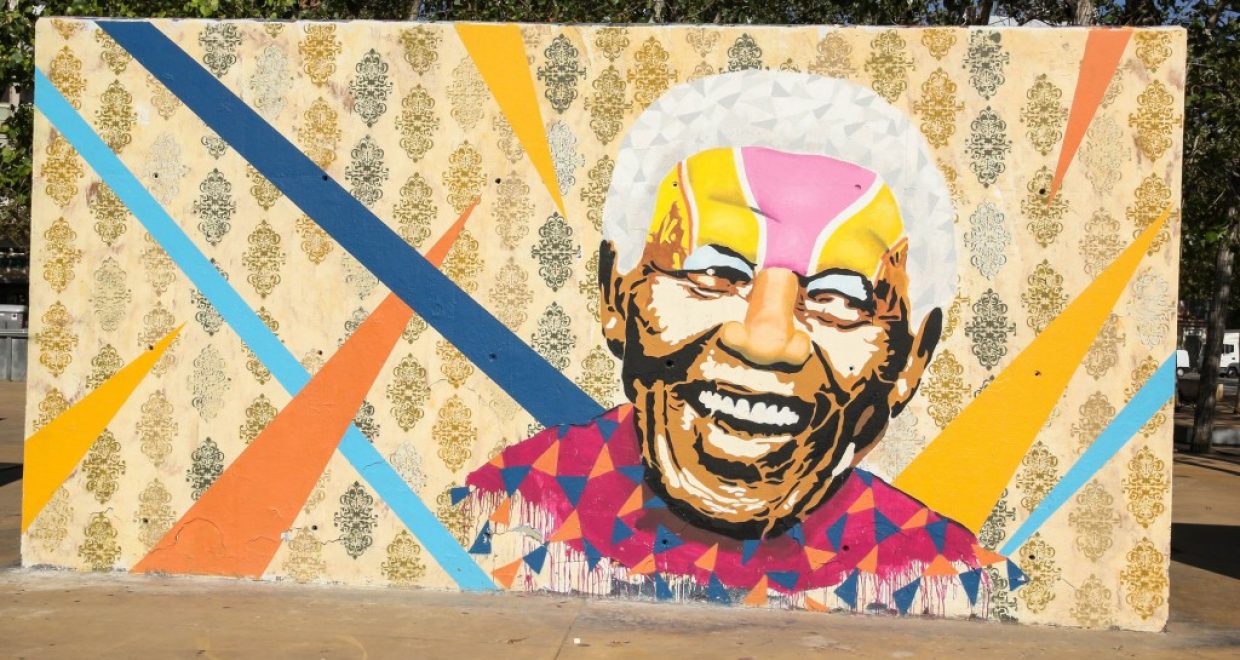Nelson Mandela, the University of the Witwatersrand and the #FeesMustFall movement
In a new paper, Nelson Mandela and Wits University in the Journal of African History on Nelson Mandela’s experience as a student at the University of the Witwatersrand, Bruce Murray reveals many surprising aspects of the university’s most famous student. The paper shows that almost all of the problems that black students confront today – the unsympathetic stance of the institutions, the unmanageable demands of fees and indebtedness, and the special trials of segregated cities – shaped Mandela’s time at Wits, and his relationship with the university while he was in prison. Yet, even amidst this very familiar story there are important surprises, both about Mandela the student, and his university. The paper illuminates much that was not well understood about both of them, and should be essential reading for anyone interested in the predicament of the universities.
South African universities have been profoundly shaken over the last year by student-led protests. In almost every area these complaints echo global discontent in tertiary education around student debt, racism and sexual violence, but they have an intensity and national character in South Africa that distinguish them. First amongst the students’ complaints has been the hybrid model of university fees, which requires students to contribute approximately half of the cost of their education, ranging from $1,000 to $5,000 depending on the exclusivity of the institution and degree. For the great majority of poor students these fees have been funded by a government supported scheme of loans that imposes a heavy burden of debt and often insoluble bureaucratic requirements. The subsistence and family demands on the poorest students make these debts, deadlines and paperwork enormously more difficult than the matter of fees itself. Here students are confronting problems of bitter inequality and basic survival. The protests have also targeted the model of out-sourcing that sees many of the least skilled jobs undertaken by miserably paid workers stripped of security and the many small privileges – like free fees for dependents — that have attended university employment. Some of the protests have also stressed that the universities are alienating institutions, fundamentally hostile to black students and to African scholars and scholarship. And, at Wits and Cape Town in particular, they have repeatedly underlined that women and LGBT students live in real fear of harassment and rape on campus and in the wider society. Each of these concerns gives the protests a ferocity and intractability that has many university administrators, and the government, in a state of bewilderment. The overarching political problem is fundamentally an economic one, with students bitterly distressed over the rapidly growing costs of their education, the likelihood of gainful employment after they leave the universities, and the difficulties and stress of managing large personal debts. One of the remarkable features of the current round of protests is the student’s explicit rejection of the reformist positions that Nelson Mandela adopted in the early 1990s. Yet – as Murray’s paper shows – Mandela’s experienced many of the same difficulties that confront the current generation of students.






